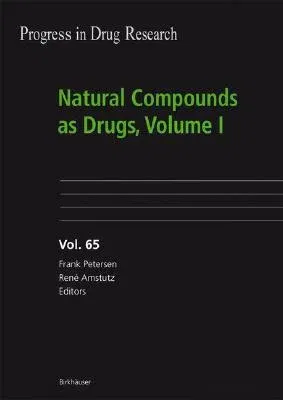The use of herbal medicines, their preparation and application in human
therapy, was described for the first time in history by the Sumerians
approximately 5000 years ago. Even earlier in India and China, a highly
sophisticated medical system with plant-based therapies had been dev-
oped. Along with the rise of the later empires, this knowledge was
further expanded and institutionalized, while moving westwards to Egypt,
Greece, and to the Arabic world, having a considerable influence on
human th- apy - until today. Not all of these traditional medicines,
although partially in medical practice still today, can be considered as
efficacious or useful according to Western therapeutic standards, often
due to the fact that the tra- tional disease categories cannot be easily
translated into the "language" of Western medicine. The identification
of active principles from plant preparations often failed, as the
biological activity could not be enriched. However, there are numerous
examples like morphine, quinine, salicylic acid, rivastigmine, digitalis
glycosides, reserpine, or artemisinine, where the correlation between
plant extract and the modern medicine, based on a single entity drug,
was successfully established. All of these natural pr- ucts originated
from traditional medical practice and opened the door to today's medical
indication areas, fundamentally enriching our knowledge of the
pathophysiology and underlying biochemistry of diseases.

